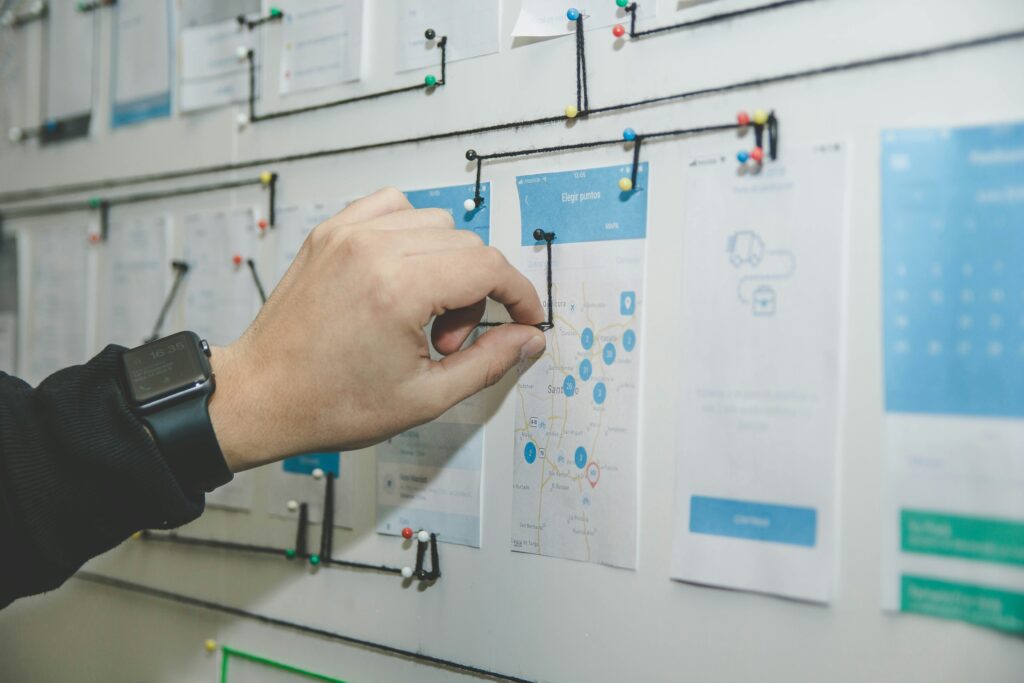VOIP and SBS feedback
There’s more than meets the eye in voice over IP services and Microsoft’s Small Business Server
THIS WEEK, I’m updating some earlier columns with new information provided by readers. Keep those tips coming, and I’ll keep printing ’em.
VOIP. I wrote recently that I managed to thrive in Germany for a few months only because my U.S. callers could dial a New York City number and be routed to me instantly and transparently via voice over IP. (See ” Routing on the go ” )
I set this up using international Net2Phone service and a Linksys EtherFast Cable/DSL & Voice Router .
Reader David Clark reports that Net2Phone’s customer support representatives are so unfamiliar with this service that they can’t explain it on the phone. The problem is that Net2Phone now concentrates on developing countries, downplaying its U.S. marketing, where rates are way down.
Fortunately, many other companies serve the U.S. market. For example, I Connect Here ( www.iconnecthere.com ) offers unlimited VOIP service as low as $8.95 per month, while Super-Phone ( www.mysuperphone.com/faq ) charges as little as 5 cents per minute, not including hardware.
Small Business Server 2000. I wrote a couple of months ago that Microsoft was offering a $500 rebate to resellers of its SBS 2000 bundle. That brings the reseller’s cost all the way down to the list price of Windows 2000 Server alone. SBS includes not only Windows 2000 Server with a license for five client log-ons, but also Exchange 2000 Server, SQL Server 2000, installs of Outlook 2000 on five PCs, and more. I said this gave customers and resellers lots of ways to save. (See ” These insa-a-ne prices ” and ” Small Business Saver “)
Reader Peter MacEwen writes that the reseller rebate doesn’t directly translate into long-term savings for users, however.
“The hardware required to run SBS is not insubstantial — at least 512MB RAM (1GB recommended); dual processors; big, fast SCSI hard disks (at least two); and a decent backup program (not the backup versions made for SBS, which are very substandard),” MacEwen notes. “All contribute to a very large jump for a small firm.”
He adds that he’s been installing SBS since the very first version, which was based on NT 4. “It’s a great product,” MacEwen concludes, but it’s mainly for businesses that have at least 20 users.
Harry Brelsford, the author of Small Business Server 2000 Best Practices (Hara Publishing), agrees that MacEwen has a valid point. “For a firm leaving a basic peer-to-peer network, the jump to a client-server network is expensive,” he says. “SBS is no exception to that law, but it’s far cheaper than purchasing the Windows Server components separately. I’ve seen after-market purchases exceed the bundled cost of SBS.”
Readers Clark and MacEwen will receive gift certificates for any book, CD, or DVD of their choice for being the first to send me tips for this week’s column.




